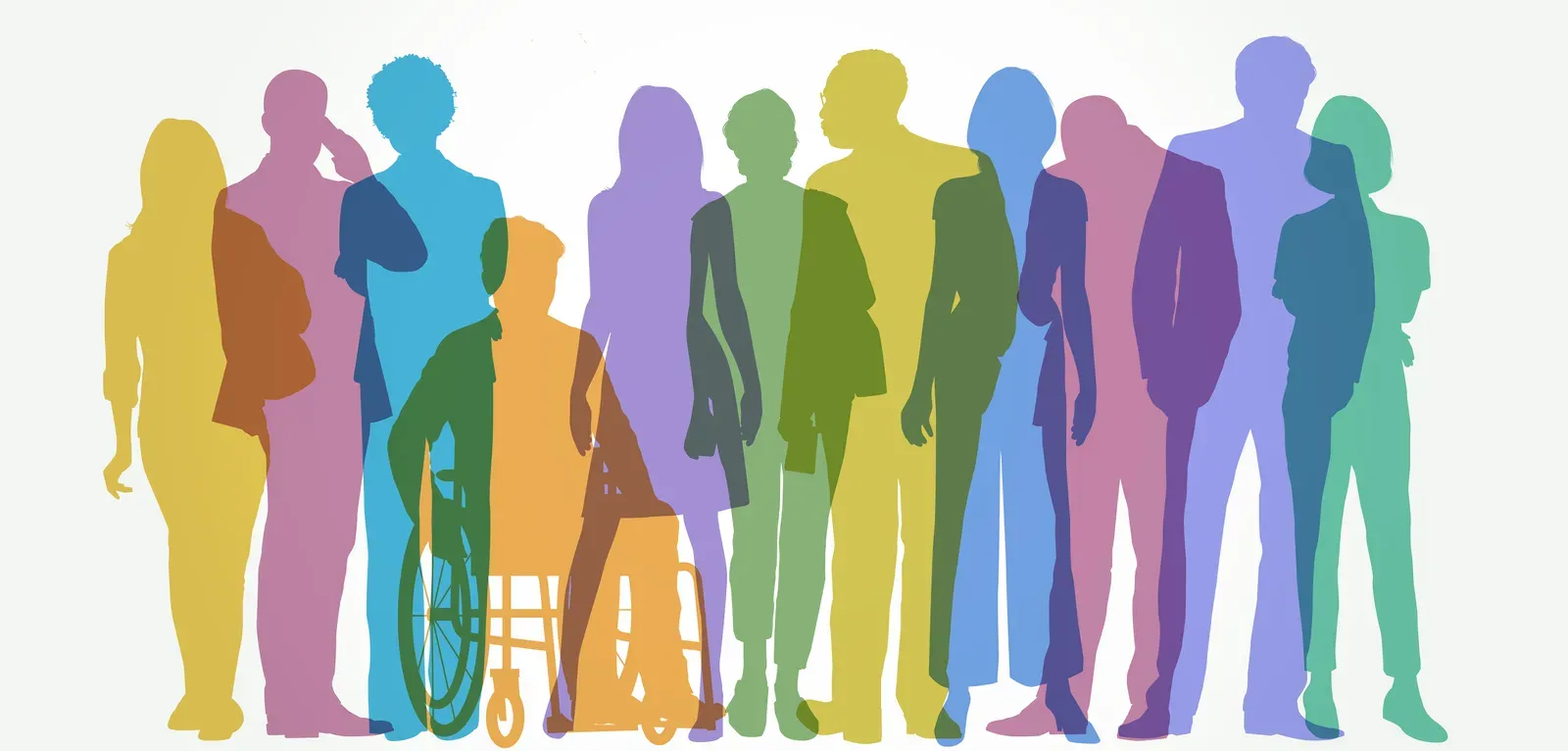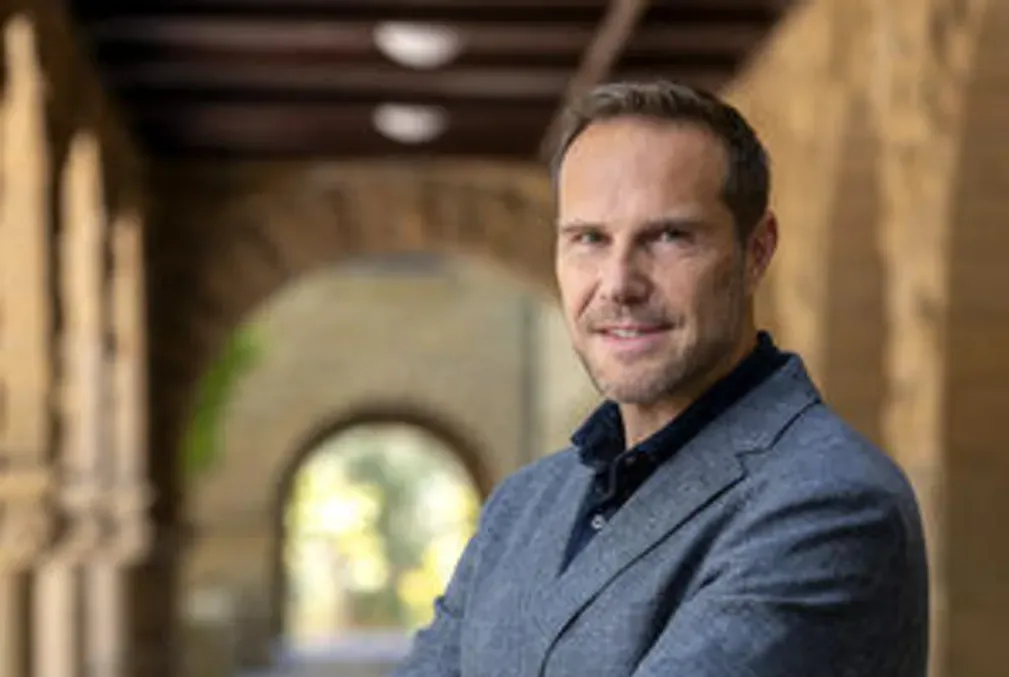
Common diversity argument linked to beliefs that maintain inequality
A Stanford-led study found that a preference for one of the most popular rationales for promoting diversity at universities—that it has practical benefits for everyone—is connected to attitudes among White Americans that favor the racial status quo.
In a recent study, White Americans who backed diversity for “instrumental” rather than moral reasons also tended to have views that support an unequal system in society.
Instrumental arguments in higher education emphasize diversity’s practical benefits, such as saying it fuels innovation or helps students prepare for a globalized economy. These arguments are common in university marketing and have been a hallmark of legal cases for race-based admissions for almost 50 years.
By focusing on benefits for all students as opposed to ensuring fairness for disadvantaged groups, this type of diversity argument may undermine what it seems to support, the study authors said. Their findings, detailed in the journal Communications Psychology, show a connection between beliefs in racial hierarchy and support for the instrumental over the moral case for diversity.
“We find that selectively embracing diversity for only instrumental and not moral reasons is a superficially egalitarian way for people to still express their commitment toward the dominant group in a racial hierarchy,” said Jordan Starck, lead author of the study and assistant professor of psychology in the School of Humanities and Sciences.
This study builds on Starck’s earlier research that found White Americans preferred the instrumental rationale, while Black Americans preferred the moral case for diversity. That study also found that institutions predominantly using the instrumental case for diversity also had greater racial disparities in academic achievement.
Starck and his collaborators conducted the current research to investigate what lay underneath this preference. They conducted a series of studies with different groups of White American participants, including two separate surveys with judges and lawyers.
Participants were asked questions about whether they supported diversity policies and what arguments they found compelling. They also were asked how strongly they agreed or disagreed with statements related to racial hierarchy and equality, such as “an ideal society requires some groups to be on top and others to be on the bottom” and “it is important to treat all individuals as equals, no matter who they are.”
Overall, the researchers found that the participants whose responses indicated views favoring racial hierarchy also preferred the instrumental over the moral rationale for diversity. This was true whether the participants considered themselves for, or against, diversity policies in general.
For the surveys with judges and lawyers, the researchers drew on the landmark 1978 Regents of the University of California v. Bakke court case, which may have cemented the instrumental argument in U.S. law. In that case, the U.S. Supreme Court considered five arguments defending the University of California’s affirmative action policies. Four of those arguments were morally based, but the final ruling cited the single instrumental argument as compelling—essentially, that race-conscious admissions could proceed because they provided practical educational benefits.
The researchers presented judges with a similar scenario to the Bakke case and asked how they would rule if they did not have to consider precedent. Still, most judges picked the instrumental argument over the moral ones and were more likely to choose that argument if they favored social hierarchies.
In a separate survey, lawyers were asked how they would argue a similar case before judges. The researchers found evidence that lawyers would in some cases pick instrumental arguments more often than moral ones when those lawyers believed judges were preoccupied with how diversity policies might hurt majority-group students.
“Judges have their predispositions toward or against hierarchy,” Starck said. “Lawyers are making inferences about what judges’ inclinations are and then shaping their arguments to accommodate those interests, so it creates this type of reinforcing cycle.”
The findings show how entrenched the instrumental case for diversity is in the legal system and society. Given this, as well as the current backlash against diversity efforts at universities and in the field of education, Starck said it may not be possible to abandon such arguments entirely.
“There is a reason why the instrumental rationale is so prominent,” he said. “As a society, we have been forced to make the instrumental argument because there's a whole subsection of people that is not responsive to the moral case or even find it inflammatory. My practical advice for people and organizations that are trying to make a commitment to diversity is to lean on both rationales, and not just completely abandon the moral case.”
Acknowledgements:
Helen Tian, a Stanford undergraduate researcher in psychology, is a co-author on this study. Additional co-authors include researchers affiliated with Columbia Business School, the American Bar Foundation, and the University of California, Berkeley.
Media contact: Sara Zaske, School of Humanities and Sciences, szaske [at] stanford [dot] edu (szaske[at]stanford[dot]edu)




